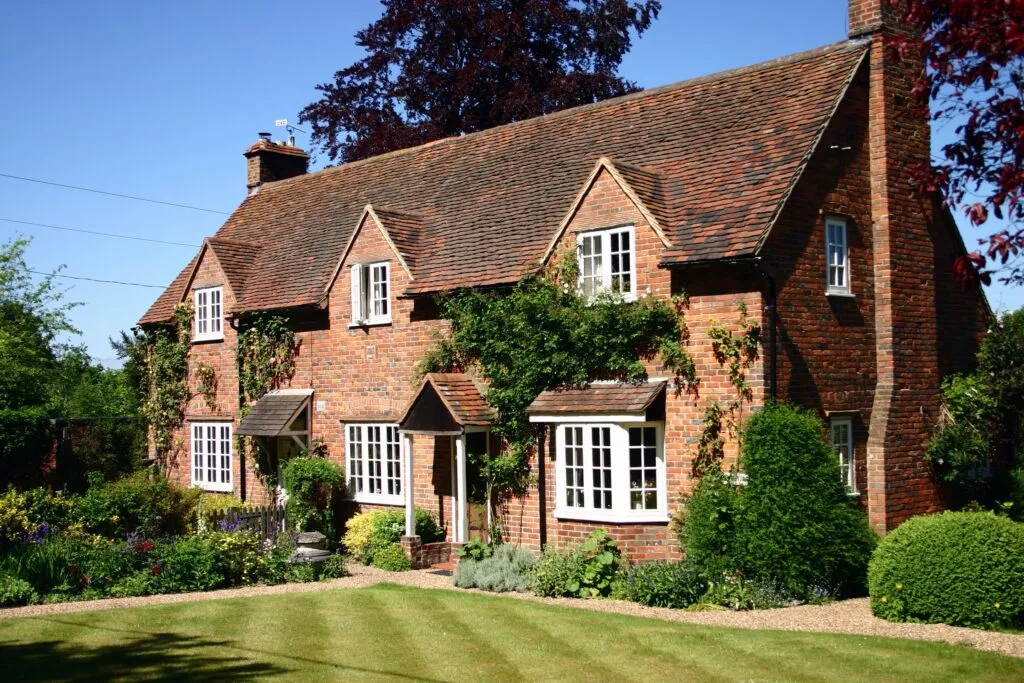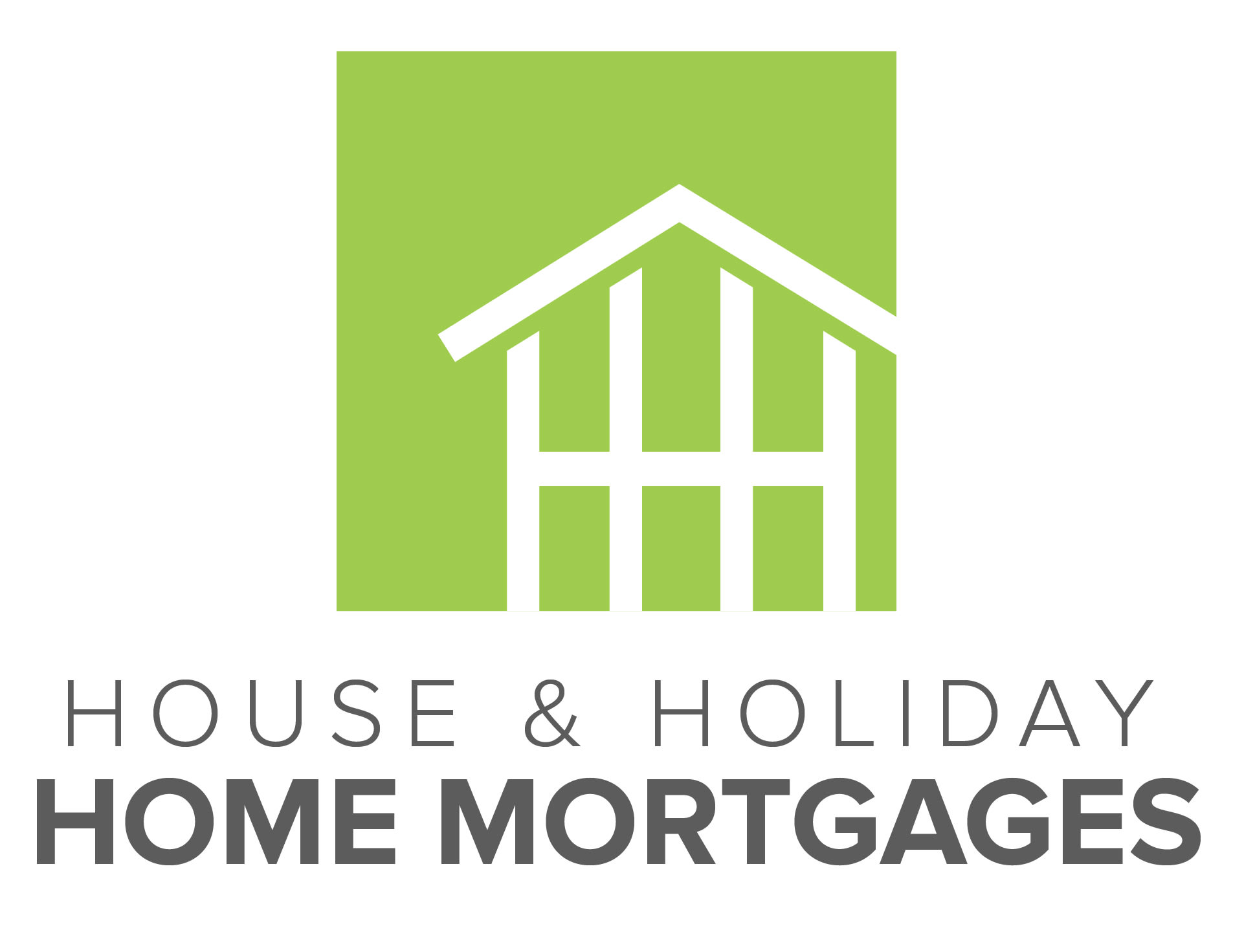What are the rules around holiday let mortgages?

People buy holiday properties for many reasons.
Some view it as a long-term investment.
Others like the idea of owning a coastal or countryside property where they can enjoy long weekends and holidays with friends and family.
However, owning a holiday home that you rent out to tourists and holidaymakers is an attractive – and potentially lucrative – proposition for many people.
A holiday rental property – known as a holiday let – can generate a nice additional revenue stream to supplement your main income.
Over the long-term, it is also an asset you can sell when the time is right to top up your pension fund or even enjoy as a holiday home when you’ve retired.
However you plan to use the property, investing in a holiday let is a big decision, which can have significant financial implications. So, it’s vital that you plan your finances carefully and get the right mortgage.
Here, we take a closer look at the rules around holiday let mortgages to help you make the right choice and find the best deal for you.
What’s the difference between a holiday home and a holiday let?
The first thing to clarify is the difference between a holiday home and a holiday let because different rules apply to each type of property when it comes to getting a mortgage.
If you’re thinking of buying a holiday home you plan to use exclusively for your own purposes – whether that’s as a bolthole for yourself or to let your friends and family stay there, free of charge – then you’ll probably need a holiday home mortgage to fund the purchase.
Most lenders treat these in a similar way to second residential homes, and there is a wide range of suitable mortgages available. You can find out everything you need to know about holiday home mortgages in this handy guide.
However, if you plan to buy a holiday property and rent it out to guests as a furnished holiday let, you’ll need a particular type of mortgage called a holiday let mortgage.
Holiday let mortgages are designed to help people buy holiday properties that are let on a short-term – rather than ongoing – basis.
These properties represent a greater risk to lenders, so they are usually subject to tighter lending criteria and stricter rules about what the property can and can’t be used for.
The main thing a lender will be looking for when you’re buying a holiday let property is whether you can afford the payments.
Many things can affect this, including your household income, any existing mortgages you may have, and any other outstanding debt, such as unsecured loans or credit cards.
From a lender’s perspective, they’ll need to be sure you’ll be in a position to repay the mortgage on a holiday let property if, for example, the property was unlet for long periods or if your financial circumstances were to change suddenly. However, some will still lend to applicants who don’t have a minimum income level.
The potential income the property in question may be able to generate will also have a significant bearing on how much can borrow and at what rate.
Most holiday let mortgage lenders apply different criteria, and some have a greater appetite for risk than others. However, most will look for a deposit of at least 25% of the holiday let property’s value and potential rental income of at least 145% of the interest payable on the mortgage. Some, but not all, lenders also have minimum income requirements that the borrower must meet, although there are some mortgages available with no minimum income requirements.
Many lenders will also require you to be a homeowner, although there are options for borrowers who aren’t.
This is where seeking advice from a holiday let mortgage specialist like House & Holiday Home Mortgages is essential, as they will be able to help you find the best deal for your financial circumstances and navigate the application process.
Can I buy a holiday let property without a mortgage?
The holiday let mortgage marketplace is complex, with myriad rules and regulations to follow.
So, if you’re looking to invest in a holiday let property, you have a few options.
One is a cash purchase, which may help you avoid many of the additional costs of arranging a mortgage and the interest you’ll pay.
However, if you don’t have the cash in the bank – and remember, buying a holiday home in a sought-after location doesn’t come cheap – then it’s likely you’ll need a holiday let mortgage to fund your purchase.
Alternatively, if you have equity in your home and your income levels allow, you may be able to raise the capital by increasing your mortgage on your home. That’s something we can help with too!
While holiday let mortgages have grown in popularity, they are still a niche product. So, it’s always advisable to get some expert advice from a mortgage professional with expertise in the holiday let market to help you find the best deal and support your application.
While you can access some holiday let mortgage deals direct, many lenders require you to work with an intermediary, such as a specialist mortgage broker. They will be able to support your application to give it the best chance of success.
At House & Holiday Home Mortgages, our expert team has over 40 years of experience in the holiday home market.
We’re dedicated to taking the stress away from getting the right mortgage. We’ll provide honest, straightforward advice and guidance on the right way forward and help you arrange the deal that’s right for you to make your investment a holiday home as pain-free as possible.
For more information, get in touch today.

